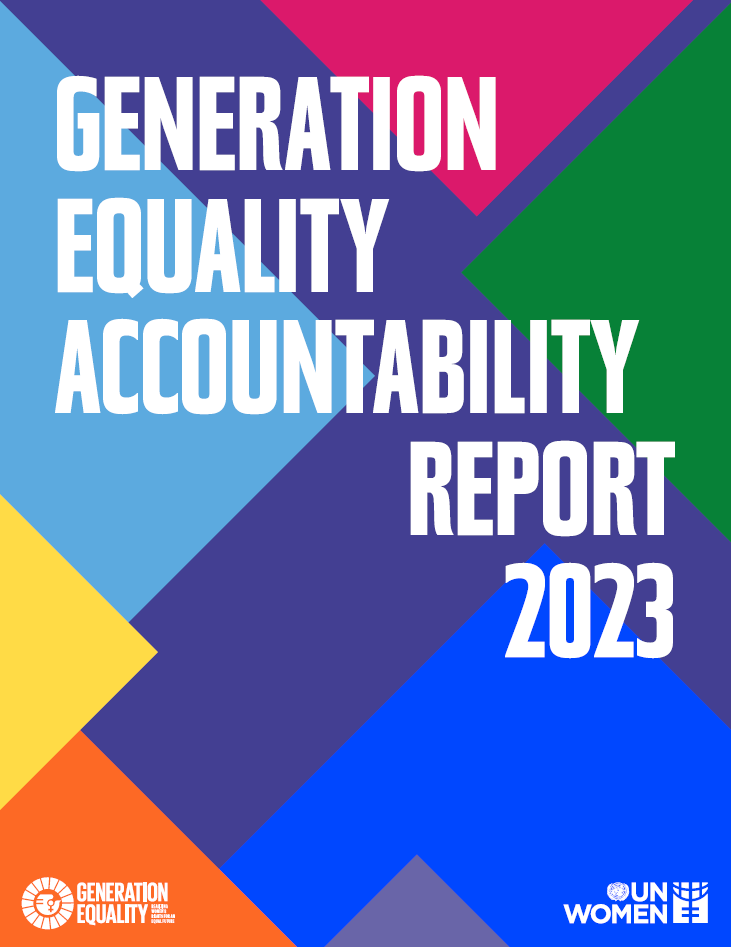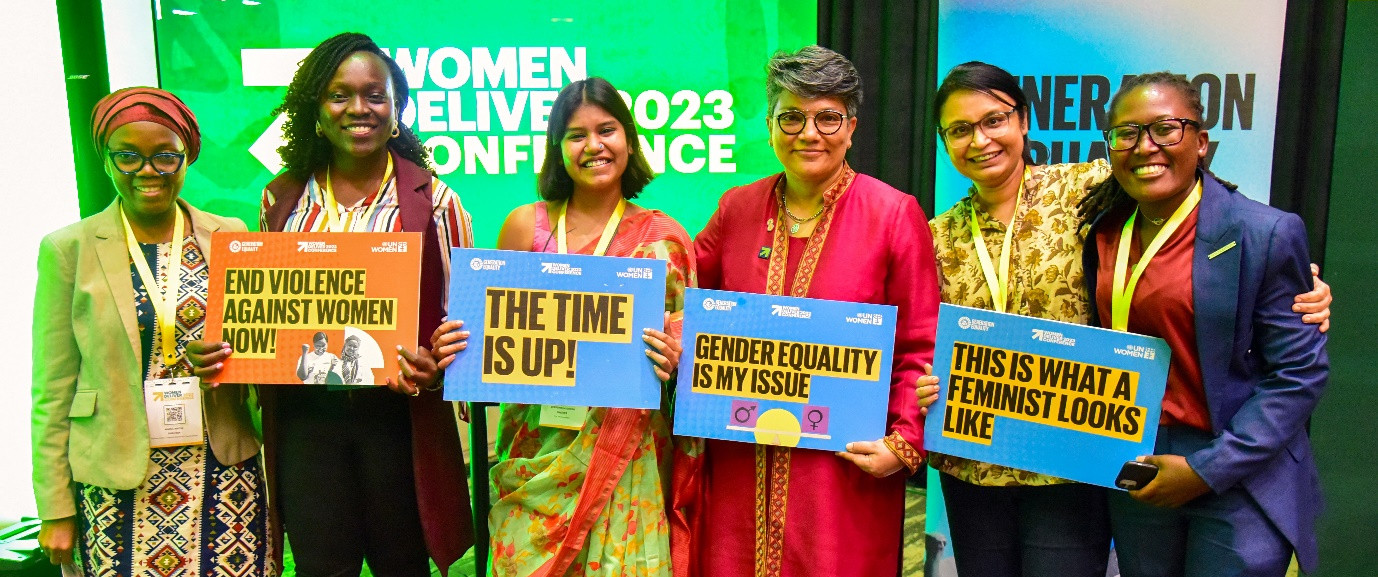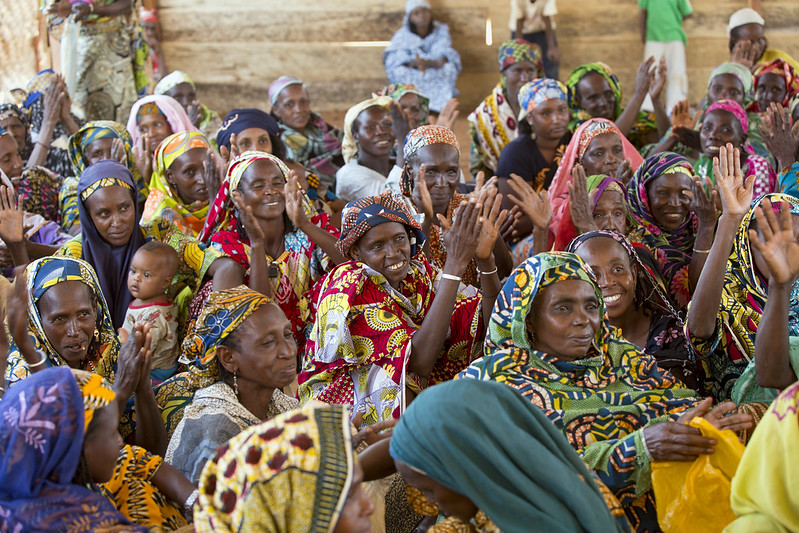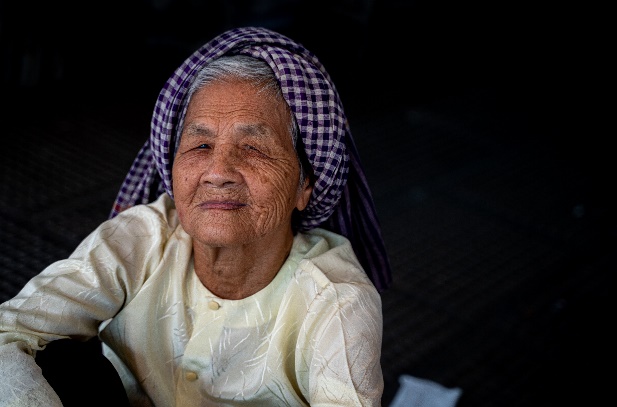
Generation Equality Accountability Report 2023
Generation Equality is a once in a lifetime effort to unlock political will and new energy to achieve gender equality through intensified ambition, investment, and accountability. At the midpoint, this Accountability Report demonstrates with evidence and data that we are on the right track with over 90 percent of reported commitments made are on-track to be implemented by Generation Equality’s 2026 deadline.
Download Case Studies:
Generation Equality is making significant strides in advancing gender equality and driving progress towards the Sustainable Development Goals (SDGs). The midpoint provides a key opportunity to take stock and celebrate the achievements documented in the Accountability Report and reflect and take actions on ways to build on them for even greater impact.

Power in numbers:
Generation Equality is mobilizing new funding and delivering game-changing results through collective actions on shared priorities
92% of reported Generation Equality commitments are on-track to be completed by 2026; 11% are completed.
At least$47B in financial commitments reported, with $20B already secured and $9.5B spent.
$958M spent by Compact signatories reaching 22.1M women and girls.
849 policies reported being implemented, along with 2,306 programmes and 3,649 advocacy initiatives.

Localizing Generation Equality: from a global initiative to local action
In Kazakhstan, Kenya and the United Republic of Tanzania, the Government’s commitments aided a (re-)prioritisation of national budgets towards implementing commitments: Kenya allocated 23 billion Kenyan shillings (around $169 million) for the implementation of a policare policy. The United Republic of Tanzania dedicated 4 trillion Tanzanian shillings (around $1.6 billion) to addressing women’s economic empowerment; Kazakhstan continued to finance the Spotlight Initiative (with $400,000 dedicated to the Central Asian Spotlight Alliance).
The Generation Equality multi-stakeholder model of solidarity and collaboration is working:
Generation Equality is facilitating new opportunities for collaboration, partnerships, sharing of experiences & good practices, creating strong alliances across sectors and between stakeholders, based on shared principles.
82%of reported commitments are being implemented through new or strengthened partnerships.
31%of reported commitments are collective commitments; evidence that they have potential to flourish.
83%of commitments reportedly integrate an intersectional lens, 72% explicitly challenge or interrogate power dynamics, 58% build feminist leadership.
89%of reported commitments support marginalized groups or communities.

Action Coalition Spotlight – FML
International Women’s Development Agency (IWDA) supported Women’s League of Burma to rapidly pivot to meet the needs of ethnic minority women and girls from Myanmar during the military coup in 2021, filling gaps in service-provision and offering food, medicine-delivery and safe shelter to survivors of sexual and gender-based violence. IWDA’s support strengthens the Women’s League of Burma’s unwavering campaign for a federal democracy and an end to conflict-related sexual violence.
We can still do better:
Some issues require our collective attention, particularly strengthening youth engagement, making reporting of financial commitments more transparent, building geographical diversity and filling gender data gaps to monitor blueprint targets.
58% of Commitment Makers who reported on their financial commitments did not disclose amounts secured or spent.
~10% of secured financial commitments are reportedly investing in civil society ($1.7 billion), adolescent girls ($217 million), and youth-led organizations ($11.7 million).
54 out of 72 (1 in 4) blueprint indicators and sub-indicators lack sufficient data or need further methodological work.

